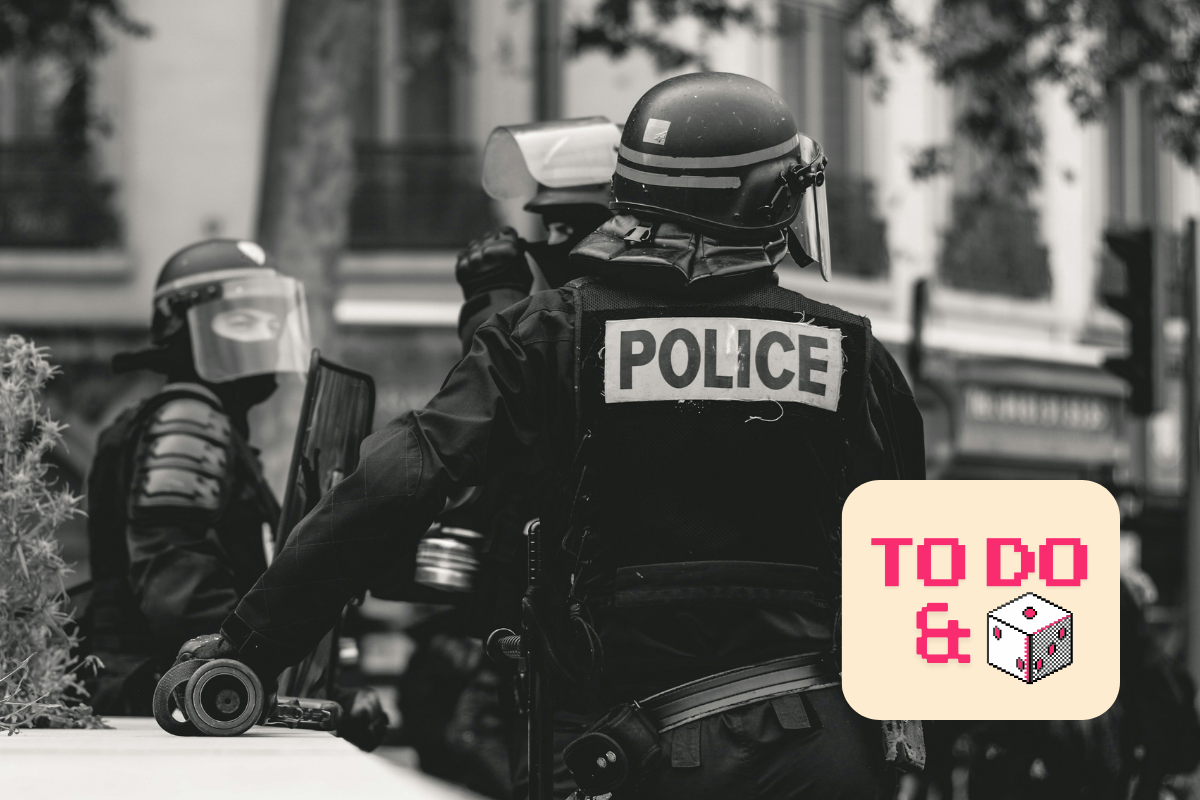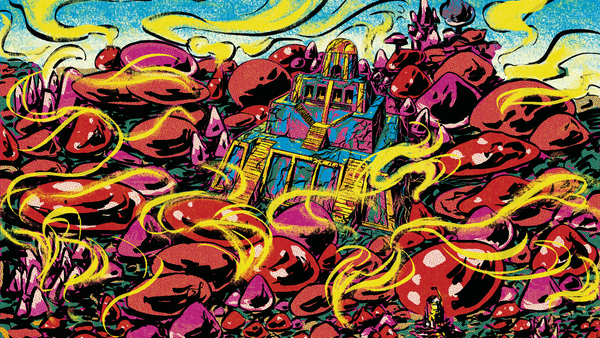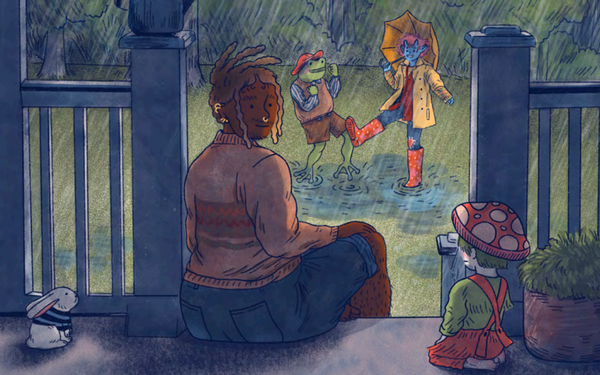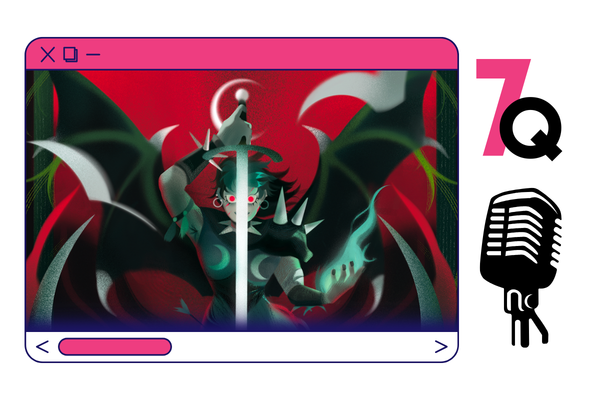Games aren’t too violent — they don’t make us think about violence enough
Would an anti-wargame have less war or more?

Violence seems to make up a large portion of how we view the world. Violent crime reports make up a dramatic portion of the front pages of our newspapers and the first minutes of our television news broadcasts. A plethora of primetime and streaming television is either made up of police procedurals where cops respond more rapidly to crime than they do in the real world, thrillers about ordinary people whose lives are pressed up close to the presence of violent criminal activity, or instances of science fiction and fantasy where heroes get to mete out powerful violence against their enemies without a second thought.
In the realm of much of our favorite media particularly — including tabletop games — violence is a tool, a resource that characters get to trade for success. Dungeons & Dragons’ very history bonds it with the narrative goals of wargaming; one of its primary modes of action is the combat encounter, where just like its predecessor Chainmail, two forces of violent power clash to see who is the strongest, most nimble, or most accurately applied, until the other is dead.
It’s easy for some to make the assumption, then, that there is too much violence in media. I disagree. In fact, I hold the seemingly opposite view: media doesn’t give us room to think about violence enough.
As we speak, the United States Secretary of Health, Robert F. Kennedy Jr., has reawakened the 90s-era canard that violent video games may have a role to play in popularising mass shootings, and not a noticeable culture of white male alienation and radicalising rhetoric in the real world coupled with a proliferation of high-powered firearms unlike anywhere else in the developed world. It is that disconnect — where violence in our media only takes a singular shape — that is truly worth addressing.
This moment does invite a question: what options are there to look at violence with less attachment to our ability to wield it ourselves? How do we make more room for games to encompass a wider understanding of who, and what, is violent, and how it is often difficult for us to challenge it?




